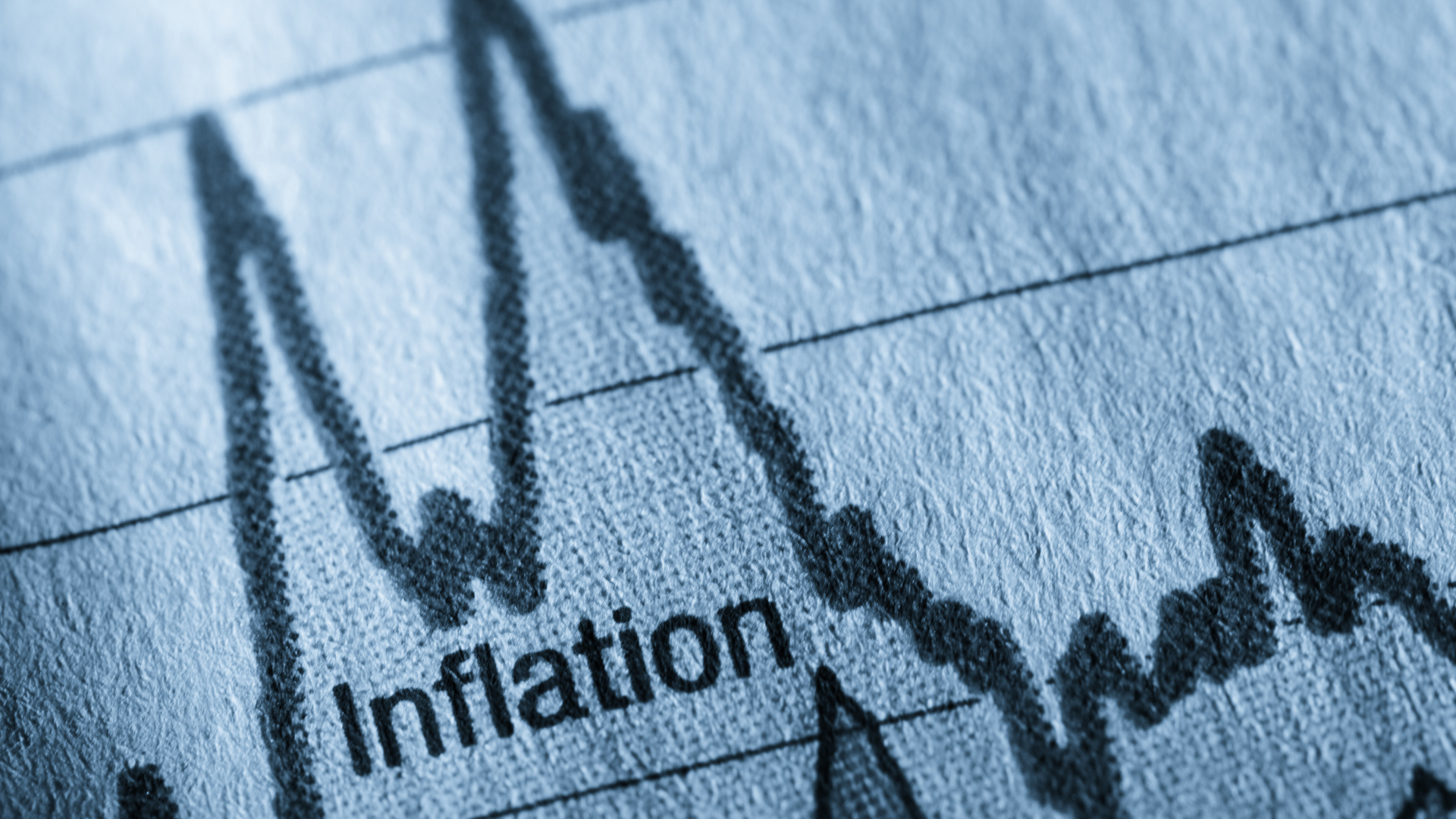How Inflation Impacts Businesses Globally?

Inflation: A Problem or an Opportunity for Business?
Inflation is an increase in the average price level of goods and services in the economy over a period of time. When inflation is high, each unit of currency buys fewer goods and services. As a result, businesses may find it difficult to maintain their profit margins. In addition, consumers may reduce their spending, which may lead to lower sales for businesses.
However, inflation can also present opportunities for businesses. For example, if prices rise faster than wages, businesses may be able to raise their prices without losing customers. Additionally, inflation can create demand for new products and services to help people cope with rising prices.
Impacts of Inflation on SMEs
Here are the three most notable impacts of the post-pandemic economy on American businesses that every entrepreneur should expect.
Erosion of Purchasing Power
We’ve noted this before, but it’s worth repeating: the first effect of inflation is often just a different way of describing inflation. Inflation damages the purchasing power of a currency as the prices of goods and services rise. Interestingly, prices rise rapidly during inflation but come back down gradually, if at all.
Lack of Finished Products on the Market
As an entrepreneur, you may already be feeling the pressure of inflation, but you are yet to feel its full impact. Inflation is not linear; it ripples through the economy differently, at different times, and affects businesses differently. One immediate impact is inventory shortages, which can prevent the completion of the production of goods.
Inflation Increases the Cost of Borrowing
So the economy is not doing very well. However, optimists paint a rosy and colourful picture of the economy once the pandemic issues are resolved. If your business is hurting financially, why not take out a small loan to insulate it during these challenging times? During inflation, the cost and availability of credit can cause major problems. It may not be a problem today, but it may be more of a problem in the future.
Does Inflation Affect all Businesses Equally?
Businesses are affected by inflation in different ways. For example, businesses that sell durable goods tend to be less affected by inflation than businesses that sell non-durable goods. Durable goods are items that have a long lifespan, such as cars and appliances. Since consumers are unlikely to buy these items as often, there is no need to raise prices to keep up with inflation.
On the other hand, non-durable goods such as food and clothing have a shorter lifespan and need to be replaced more often. As a result, businesses selling these items typically raised prices more frequently to stay ahead of inflation. Additionally, businesses with a large customer base tend to be less affected by inflation than businesses with a smaller customer base.
This is because businesses with a larger customer base can spread the cost of inflation over a larger number of sales, making it easier to absorb the impact. As a result, the impact of inflation on businesses varies depending on a number of factors. This is how inflation impacts businesses equally.

